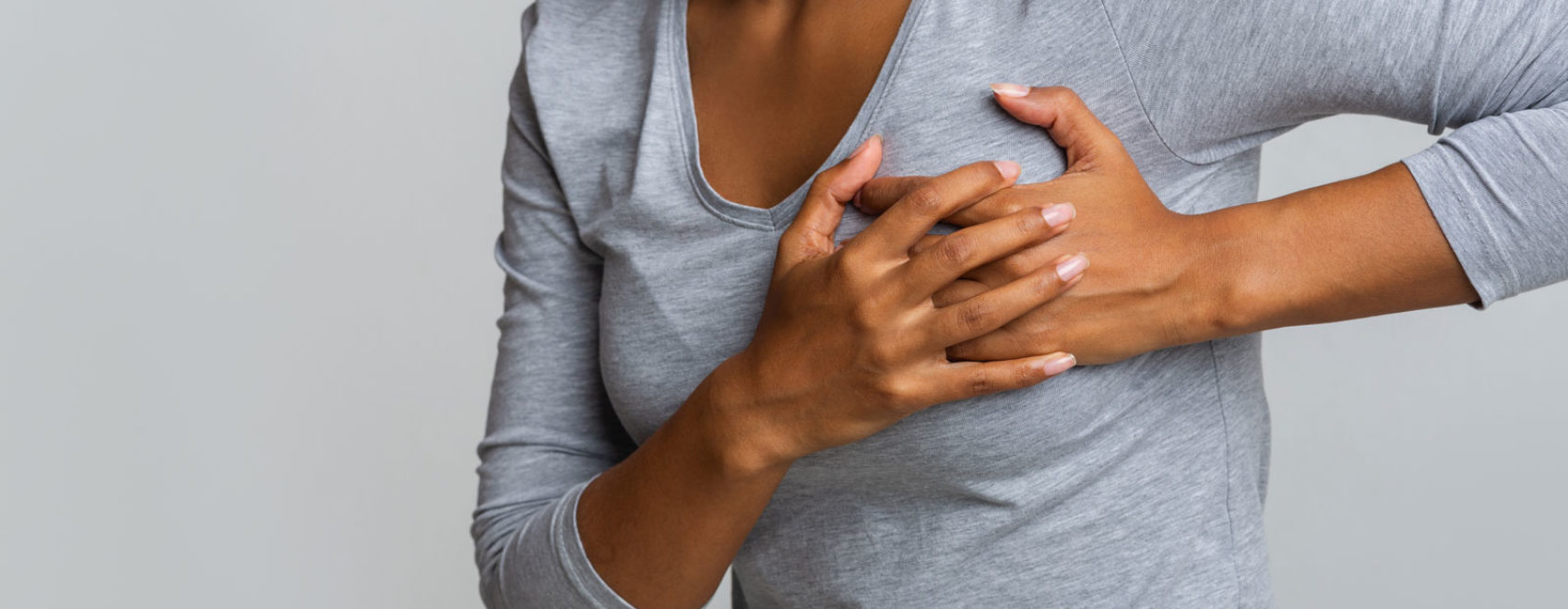There are several factors that may contribute to an individual’s risk for cancer, such as how active you are, your family history, genetics, and your race or ethnicity. The correlation between alcohol consumption and certain types of cancer has been well-known for several decades, but in recent years, medical studies have been able to further deduce just how much of an effect drinking has on the development and treatment of cancer, as well as its effect on the symptoms of cancer itself.
Yes, Men Can Get Breast Cancer
Breast cancer is most often associated with women, but did you know that men can have breast cancer, too? While not common, the American Cancer Society projects that 2300 cases will be diagnosed in 2023 and more than 530 men will die from male breast cancer. 1 in 833 men will be diagnosed with breast cancer at some point in their life. Learn the signs, survival rate, and causes of breast cancer in men.
Breast Imaging Centers in Queens, New York
One of the most amazing things about living in the New York City area is the wealth of top-notch healthcare, including preventative cancer services like mammogram imaging. Whether you’re getting your first mammogram, your annual or biannual mammogram based on your doctor’s screening recommendations, or you’re looking for a diagnostic imaging center to test a suspicious lump, SHAREing & CAREing has you covered. Here are some of our top mammogram center recommendations in the Queens area.
Ashkenazi Jews & Cancer Risk
Those of Ashkenazi Jewish heritage have a 1 in 40 chance of testing positive for a BRCA gene mutation, making them more susceptible to a number of cancers. But what does being of Eastern European Jewish descent mean? And why does having Ashkenazi Jewish genetics increase your risk of cancer risk so substantially?
Cancer Screenings: When & Who Should Get Lung, Colorectal, Cervical & Breast Cancer Tests
Confused by cancer screening recommendations? Not sure where to go for cancer screenings in Queens? As of early 2023, this article reflects the most recent and trusted recommendations of medical experts, including the American Cancer Society, National Cancer Institute and the Centers for Disease Control and Prevention (CDC).
SURVEY: Most Women Unaware of the Signs of an Aggressive Form of Breast Cancer
October is National Breast Cancer Awareness Month, and a new national survey commissioned by The Ohio State University Comprehensive Cancer Center – Arthur G. James Cancer Hospital and Richard J. Solove Research Institute (OSUCCC – James) found that most women are unaware of the unusual symptoms of a particularly aggressive and deadly form of the disease known as inflammatory breast cancer.
Types of Breast Cancer Treatment
Most cases of breast cancer are treated in multiple ways, a combination of treatments that depend on what stage your cancer is in, what type of cancer you have (such as triple-negative), or current or previous health, such as pregnancy, age, family history, previous cancer, or BRCA gene mutation. Here’s a breakdown of the most common types of breast cancer treatments.
Breast Density & Benign Breast Disease Raise Risk of Breast Cancer
Women with dense breast tissue and benign breast disease face an elevated risk of future breast cancer and could benefit from a tailored mammogram screening strategy, according to a large study published in the journal in Radiology.








